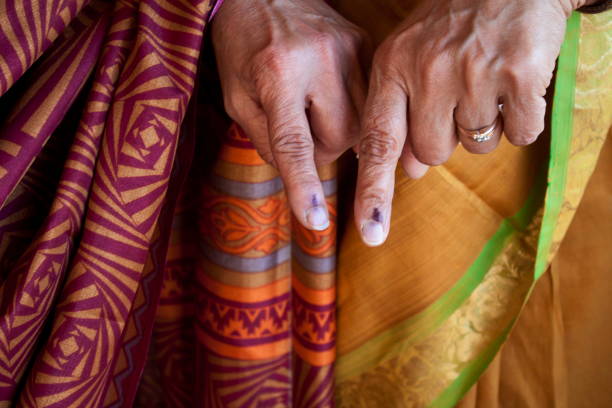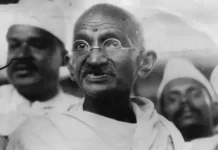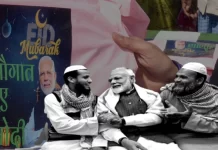In the vibrant and bustling metropolis of Mumbai, Maharashtra, the 2024 elections have seen a significant surge in women’s participation, both as voters and candidates. This shift marks a pivotal moment in the political landscape of the city, reflecting broader societal changes and the increasing empowerment of women in India. Based on recent surveys, this article delves into the factors driving this trend, the implications for the electoral process, and the challenges that remain.
Increased Voter Turnout Among Women
One of the most notable trends in the 2024 elections is the substantial increase in voter turnout among women. Surveys indicate that women’s turnout in Mumbai has risen by approximately 15% compared to the previous election. Several factors contribute to this rise:
- Awareness Campaigns: NGOs and government bodies have run extensive voter education campaigns targeting women, emphasizing the importance of their vote in shaping policies that affect their lives directly.
- Safety and Accessibility: Improved safety measures at polling stations and increased accessibility have encouraged more women to participate in the voting process. This includes the provision of separate queues for women and better lighting and security at polling booths.
- Social Media Influence: The use of social media platforms to mobilize women voters has been remarkably effective. Platforms like Instagram, Facebook, and Twitter have hosted discussions, live sessions, and informational posts that engage women and encourage them to vote.
Women as Candidates
The 2024 elections in Mumbai have also seen a significant rise in the number of women candidates. Surveys reveal that women’s representation in the candidate pool has increased by 25% from the last election cycle. This shift can be attributed to several factors:
- Political Parties’ Initiatives: Many political parties have introduced quotas or incentives for female candidates, recognizing the importance of gender diversity in politics.
- Grassroots Movements: Grassroots movements and women’s organizations have played a crucial role in mentoring and supporting women to run for office, providing them with the necessary resources and training.
- Changing Perceptions: There is a growing recognition of women’s capabilities in leadership roles, both within political circles and the broader electorate. This shift in perception has emboldened more women to step forward as candidates.
Impact on Policy and Governance
The increased participation of women in the 2024 elections is likely to have a profound impact on policy and governance in Mumbai. Women candidates and voters bring unique perspectives and priorities to the political arena, which can lead to more inclusive and representative governance. Key areas likely to benefit include:
- Health and Education: Women leaders often prioritize health and education, advocating for better facilities and policies that cater to the needs of women and children.
- Safety and Security: With more women in power, issues related to women’s safety and security are expected to receive greater attention, leading to more effective measures and policies.
- Economic Empowerment: Policies aimed at economic empowerment of women, such as skill development programs and financial inclusion initiatives, are likely to gain more traction.
Challenges and the Road Ahead
Despite the positive trends, challenges remain in achieving full gender parity in political participation. Some of the persistent issues include:
- Patriarchal Norms: Deep-rooted patriarchal norms and societal attitudes continue to hinder women’s full participation in politics. Many women still face resistance from their families and communities when they seek to enter the political arena.
- Financial Barriers: Running for office requires significant financial resources, which many women lack. This financial disparity remains a significant barrier to entry for many potential women candidates.
- Violence and Intimidation: Women in politics often face higher levels of violence and intimidation compared to their male counterparts. This can deter many from participating in the political process.
Conclusion
The 2024 elections in Mumbai, Maharashtra, mark a significant milestone in women’s political participation. While the increased voter turnout and higher number of women candidates are encouraging signs, there is still much work to be done to overcome the challenges that women face in the political sphere. Continued efforts to promote gender equality and empower women in politics will be crucial in ensuring that this positive trend not only continues but also translates into tangible benefits for society as a whole.















